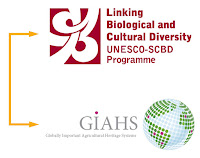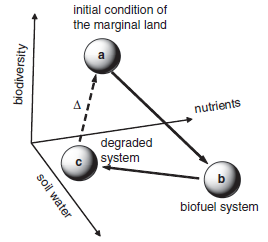MED-GOLD project proposal selected for funding

MED-GOLD ( Turning climate-related information into added value for traditional MEDiterranean Grape, OLive, and Durum wheat food systems ) will demonstrate the proof-of-concept for climate services in the agriculture sector by developing case studies for three hallmarks of the Mediterranean food system: grapes, olives, and durum wheat. Agriculture is primarily climate-driven and hence highly vulnerable to climate variability and change. Evidence suggests that the Mediterranean region is under immediate threat of shifting climate patterns and the associated ecological, economic and social effects. Developing a capacity to turn the increasingly big climate-related data into tailored climate services that can inform decision-making in agriculture is, therefore, a priority both in Europe and worldwide. The long-term goal of this project is to make European agriculture and food systems more competitive, resilient, and efficient in the face of climate change, by using climate serv...

